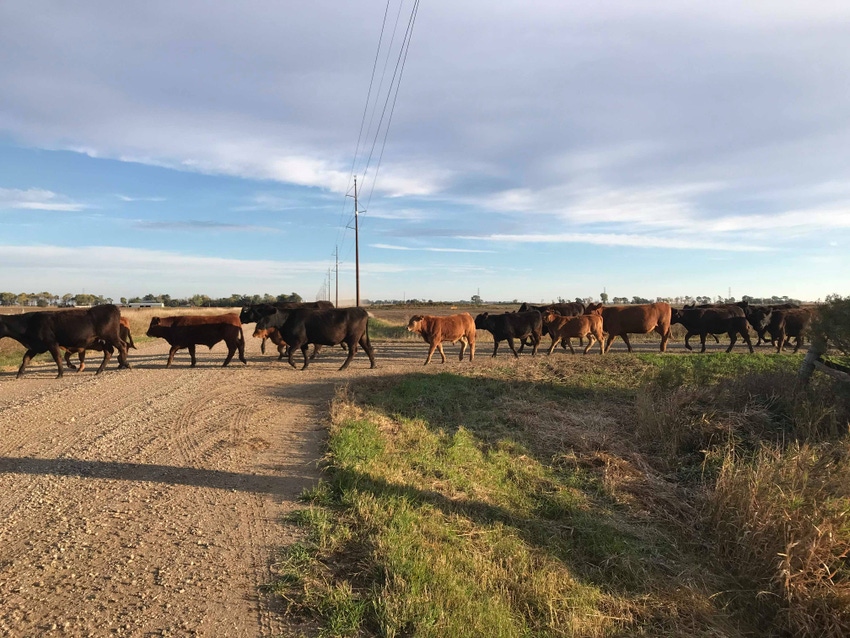What is your role on the ranch as you enter your 60s and 70s?
If you’re nearing retirement age, what does the next phase of your life on the ranch look like, and what will you do to make the transition of leadership a smooth one?
January 7, 2019

As a mom raising the sixth generation on our family’s cattle operation, I never take for granted the opportunity to teach my kids important life lessons on the ranch as we continue our family tradition in production agriculture.
Getting to work alongside my husband and my parents each and every day is a blessing. While we aren’t perfect, I think as Millennial producers we bring new ideas, energy and skilled labor to the business. Meanwhile, my Baby Boomer parents are valuable in their wisdom, stability, security, support and seasoned advice.
Of course, now that Tyler and I are in our 30s with three kids of our own, the dynamics start to change compared to when we first got started running cattle in our early 20s. Conversely, as my parents start nearing “retirement age,” their needs and wants are changing, as well.
And just like an awkward teenager entering into adulthood, that shift has its growing pains. It’s not always easy for the older generation to pass the baton to the next. This succession of the head managerial role can take years, if it ever really happens at all.
Yet, to be successful, this leadership role must change hands at some point. I don’t anticipate being the head honcho around the place anytime soon; however, it’s something I’m mindful of the older I get.
Recently, farm succession coach Elaine Froese addressed this topic in an article titled, “Can you be the hired man again?” The article makes a great case for the older generation to ask important questions of what the next chapter in their lives will look like and what it means for the next generation and the future of the business.
Froese writes, “One of the tricks of a great farm succession is the ability of the founder to let go of management, and ultimately ownership. There are many farm dads in their sixties and seventies who just don’t know how to change from being the main manager to ‘the hired man.’
��“When you started farming for your dad you were labor, then you gained skill to manage, and then you took over the operation by buying shares, or land or assets. Now at age 67 or 72 you are wanting to step back, and only work when you feel like it. You are again the labor component.”
If you find yourself in this position, Froese says there are some important questions you need to ask yourself: Do you take instructions well? Can you be self-motivating? Will you have a learner mindset instead of a judger mindset if your son or daughter does things differently than you would?
What do you really want your life on the farm to look like? Do you have interests outside of your role on the farm? Are you paying attention to what your wife needs now? Are there plans for travel and recreation? Do you have your personal finances in order? Are you cherishing your marriage? Do the far away grandkids get many chances to see you?
Froese says, “Everyone wants to be loved and be needed. Lack of appreciation is a big stumbling block to successful farm transfers. Let the folks on your farm team know the struggles and fears you are having about being useful in your old age.
“Let your farming adult children make mistakes and grow the business the way they want to. You can be a source of wisdom and experience as you make sure you are perceived as helpful, and not interfering.
“Can you be the hired man again? Test it out. Talk about what is working and what isn’t. Teach the next generation with courtesy and respect for their talents.”
A successful transition takes all parties to make it right. As the older generation, it is up to you to lead the family into the next phase of the business. I promise, even as the next generation steps up to the plate, they’ll still be following your leadership and guidance as you figure out the best way to hand over the reins.
The opinions of Amanda Radke are not necessarily those of beefmagazine.com or Farm Progress.
About the Author(s)
You May Also Like





